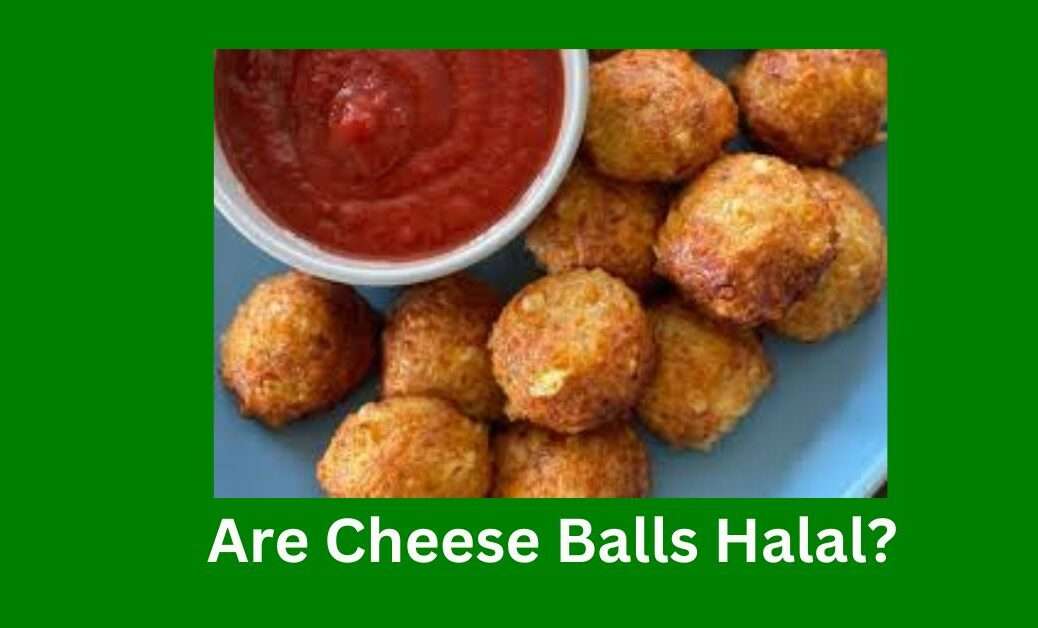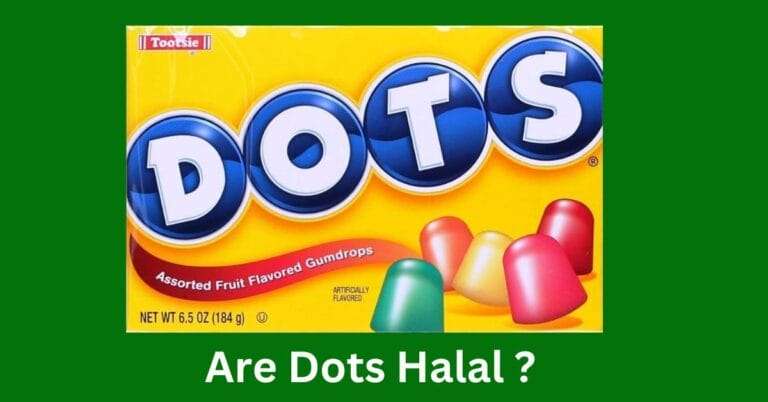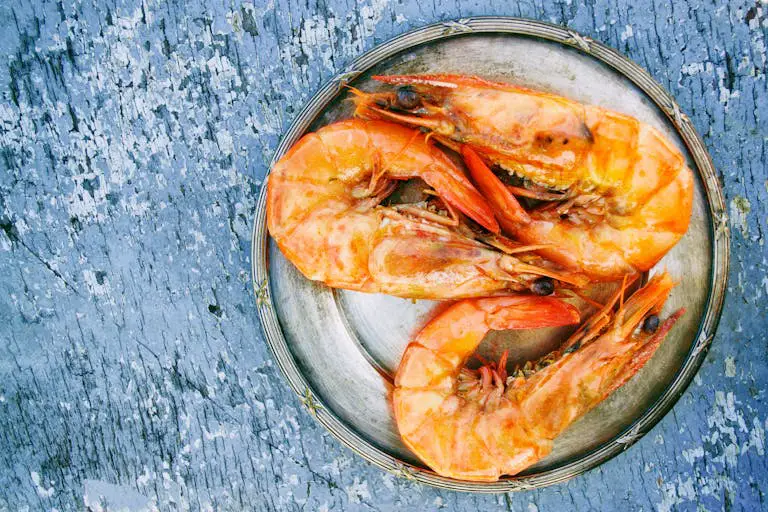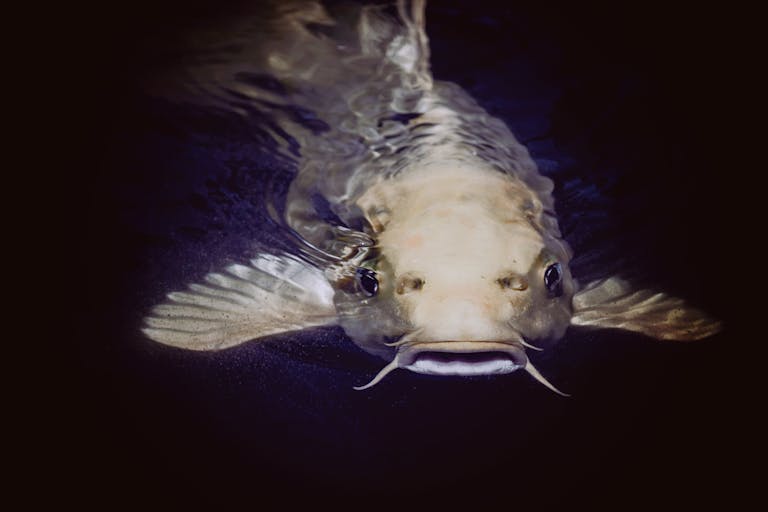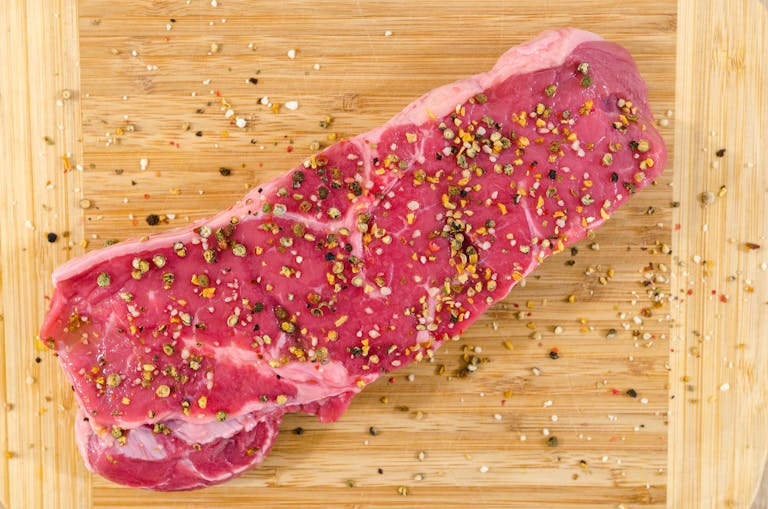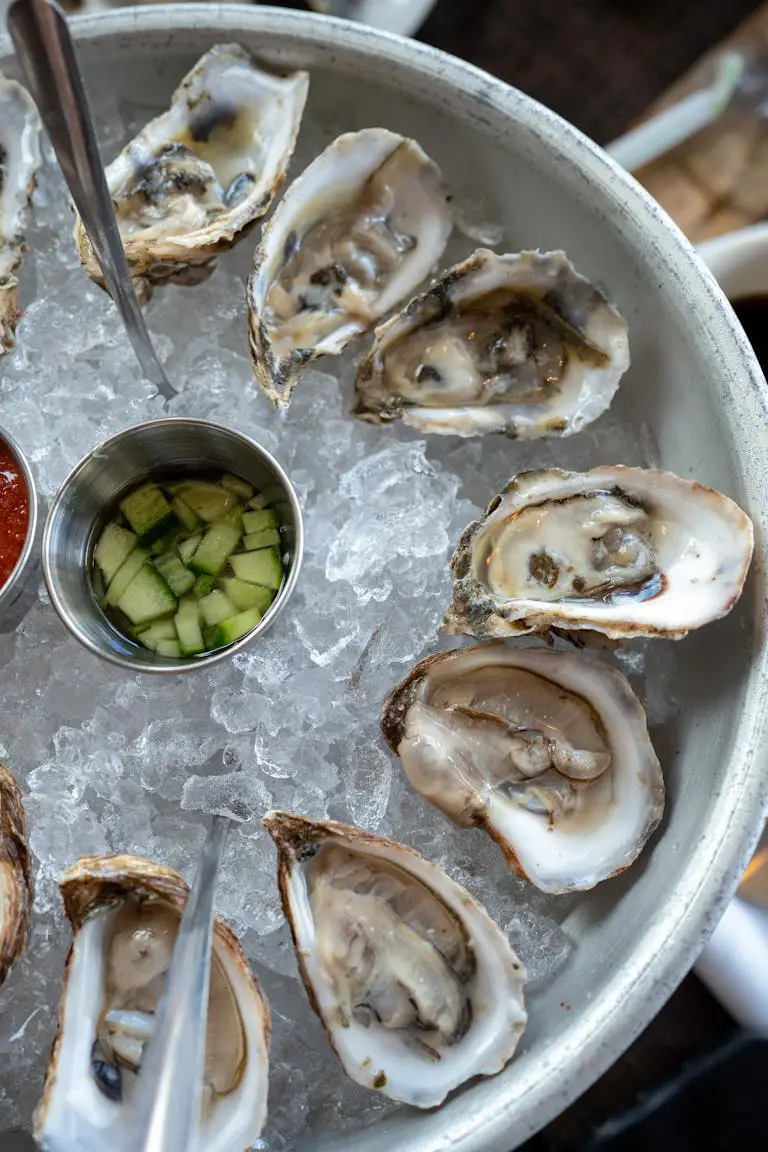Are Cheese Balls Halal? Find Out What’s Really in Your Favorite Snack
Are Cheese Balls Halal? In the Muslim community, this is a question that has grown in frequency as we try to make sure our eating habits comply with Islamic principles.
In this article, we’ll discuss the numerous factors determining whether cheese balls are allowed under Islamic law and offer some advice on confirming that they are indeed halal.
So, let’s explore the delicious world of cheese balls and discover whether people who adhere to Islamic dietary regulations can enjoy them.
QUICK ANSWER: CHEESE BALLS THAT ARE MADE FROM HALAL INGREDIENTS ARE HALAL.
What are Cheese Balls?
Cheese balls are a popular snack enjoyed by people of all ages. Their cheesy flavor and crunchy texture make them a favourite for parties, movie nights, and casual munching.
Cheese balls are a type of snack food made from puffed cornmeal coated with a cheese-flavored powder. They are typically round and bite-sized, offering a delightful combination of crunch and cheesy taste. Available in various brands and flavors, cheese balls have become a staple in snack aisles worldwide.
Ingredients in Cheese Balls
Cheese balls are typically made from a variety of ingredients, including:
- Cornmeal: The base of the snack, providing structure and crunch.
- Vegetable Oil (Palm, Canola, or Sunflower): Used for frying or baking the cheese balls.
- Cheese Powder: Provides a cheesy flavor. This often includes:
- Whey
- Cheddar Cheese (Milk, Cheese Cultures, Salt, Enzymes)
- Maltodextrin
- Natural Flavors
- Citric Acid
- Lactic Acid
- Artificial Colors (e.g., Yellow 5, Yellow 6)
- Salt: Enhances the overall taste.
- Sugar: Adds a slight sweetness.
- Monosodium Glutamate (MSG): A flavor enhancer.
- Buttermilk: Adds to the dairy flavor profile.
- Disodium Phosphate: An emulsifier that helps maintain texture.
- Sodium Caseinate: A milk protein used as a stabilizer.
- Artificial and Natural Flavors: Various additives to enhance taste.
- Preservatives: Such as TBHQ (Tertiary Butylhydroquinone) to extend shelf life.
Are There Any Haram Ingredients in Cheese Balls?
To determine if cheese balls are halal, it’s crucial to examine the specific ingredients used in their production. Here are some ingredients that could be of concern:
Cheese Powder:
- Enzymes/Rennet: Traditional cheese-making often uses rennet, an enzyme that can be derived from the stomach lining of animals. If the rennet is sourced from non-halal slaughtered animals, it is considered haram. Microbial or plant-based rennet would be acceptable alternatives.
Flavorings and Seasonings:
- Alcohol: Some natural and artificial flavors may contain alcohol as a solvent. The presence of alcohol in any amount can render the product haram.
- Animal-Derived Ingredients: Some flavorings might use animal fats or extracts, which could be non-halal if the source animal was not slaughtered according to Islamic law.
Preservatives:
- Gelatin: Sometimes used as a stabilizer, gelatin is often derived from pigs or non-halal slaughtered animals. Plant-based or fish gelatin would be acceptable.
- L-cysteine: This can be derived from human hair or animal sources, which may be haram if not sourced from halal animals.
Are Utz Cheese Balls Halal?
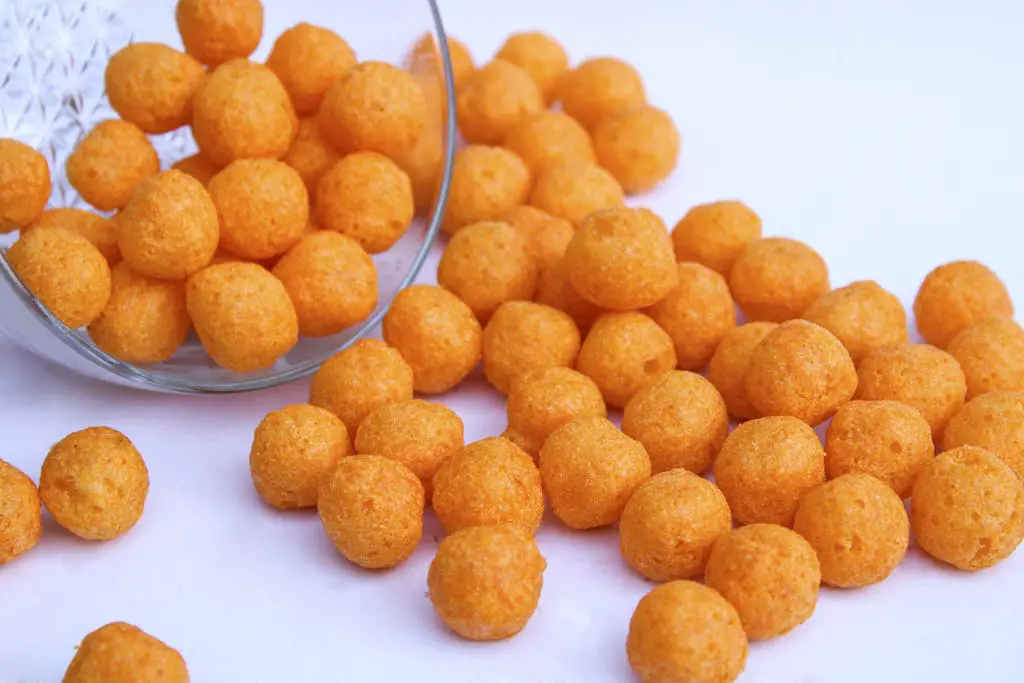
Utz is a popular brand known for its cheese balls. To determine if Utz cheese balls are halal, it’s crucial to check the packaging for halal certification. As of the latest information, Utz cheese balls do not have a halal certification. However, ingredient lists can be examined for any haram substances. Without a halal certification, it’s challenging to guarantee that all ingredients comply with halal standards.
Conclusion
Whether cheese balls are halal or not depends on their ingredients and the presence of halal certification. While some cheese balls may contain haram ingredients like non-halal rennet or flavorings with alcohol, others may be permissible.
For brands like Utz, checking the packaging for halal certification or contacting the manufacturer directly for detailed ingredient information is essential. As a consumer, being vigilant about the ingredients and opting for halal-certified products ensures adherence to dietary guidelines.
Frequently Asked Questions
Are all cheese balls halal?
- Not all cheese balls are halal. It depends on the ingredients, especially the source of enzymes used in the cheese.
What should I look for in halal cheese balls?
- Look for halal-certified products or check the ingredients for halal-friendly cheese and seasonings.
Is the cheese in cheese balls always halal?
Not necessarily. Some cheeses may contain animal-derived rennet, which can be haram if not from a halal source.

